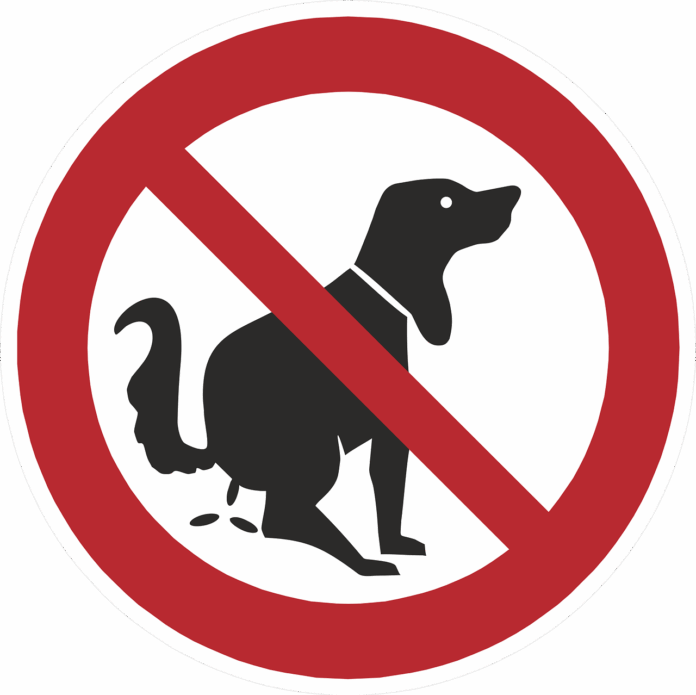Understanding Chronic Diarrhea in Dogs: Causes, Diagnosis, and Nutritional Management
Diarrhea is a common ailment that affects dogs, manifesting in either an acute or chronic form. Acute diarrhea typically occurs suddenly and is often short-lived, usually resulting from dietary indiscretion or secondary medical conditions. In contrast, chronic diarrhea can persist over weeks or even months, posing significant challenges for pet owners and veterinarians alike.
What is Chronic Diarrhea in Dogs?
Chronic diarrhea is one of the most perplexing medical conditions facing dog owners and veterinary professionals. Identifying its causes can be particularly challenging, as it can stem from various factors including:
- Parasites
- Inflammatory bowel disease (IBD)
- Bacterial or viral infections
- Metabolic diseases
- High-fat dietary intolerance
- Rarely, food allergies
Diagnosing Chronic Diarrhea
Veterinarians employ a comprehensive approach to diagnosing chronic diarrhea. The process typically includes:
- Gathering detailed information about the diarrhea to determine the affected part of the intestine.
- Conducting a complete dietary history review.
- Performing laboratory tests, which may include blood and fecal tests. Note that blood and saliva tests for food allergies are generally not recommended.
- In some cases, further diagnostics such as abdominal ultrasound or endoscopy may be necessary.
Successful treatment hinges on identifying and addressing any underlying issues.
Nutritional Strategies for Managing Chronic Diarrhea
If no underlying cause emerges or if IBD is diagnosed, dietary modifications can play a crucial role in managing chronic diarrhea. It’s essential for dog owners to maintain realistic expectations, as the response to dietary changes can vary significantly among dogs. Here are three primary dietary approaches:
- Elimination Diet Trial for Food Allergy: While food allergies are often a concern, they are the least likely cause of chronic diarrhea. Diagnosing a food allergy necessitates a strict elimination diet trial using a veterinary-prescribed novel ingredient, hydrolyzed, or elemental diet for a minimum of 8-12 weeks. Improvement during this trial may not solely indicate a food allergy, as it could also stem from better digestibility or consistency of the new diet.
- Reduced Fat, Highly Digestible Diet: Many dogs with chronic diarrhea respond favorably to diets that are low in fat and highly digestible. The fat content in dog foods can vary significantly, and tailored adjustments based on individual dog needs may require some trial and error.
- Increased Fiber Diet: Dogs suffering from colitis, or colon inflammation, often benefit from higher fiber diets. However, this approach can be complicated due to the variety of fiber types. Consulting with a veterinarian or a Board Certified Veterinary Nutritionist® can help in selecting the most appropriate higher-fiber diet or supplement.
Finding the Right Diet: A Process of Trial and Error
Determining the optimal diet for a dog with chronic diarrhea often involves considerable trial and error. If one approach fails, another may work. It is advisable to implement only one dietary change at a time to accurately monitor its effects. Keeping a journal of dietary changes and symptoms can be a valuable tool in this process.
Even if dietary adjustments do not fully resolve chronic diarrhea and a combination of medical management and diet is required, optimizing nutrition can minimize medication dosages. While the search for the right diet can be challenging, the effort is worthwhile for the health and well-being of your canine companion.











